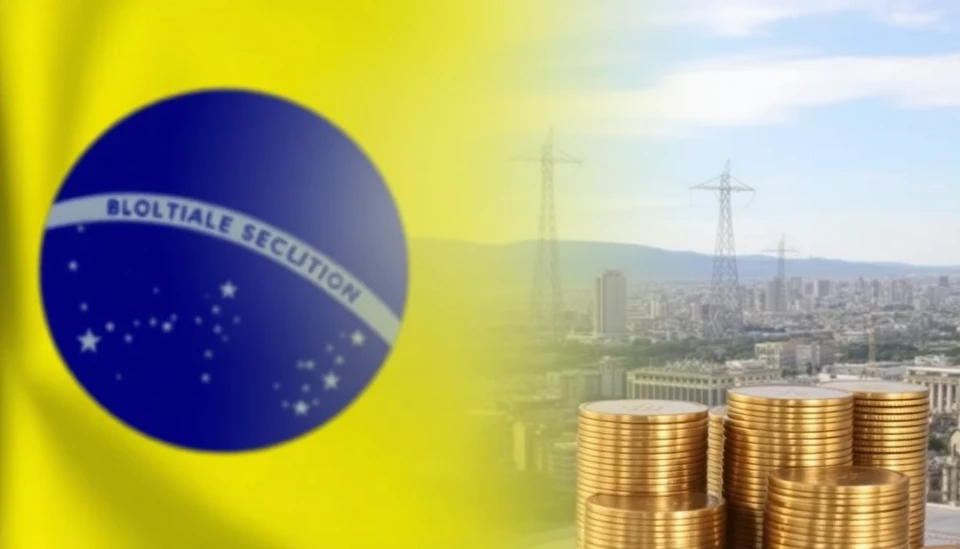
In a welcome shift for the Brazilian economy, inflation rates for January 2025 have shown signs of slowing, largely attributed to a decrease in electricity costs. This trend comes as a relief for both consumers and policymakers, who have been navigating a turbulent economic landscape marked by fluctuating prices and rising living costs.
The latest data released by the Brazilian Institute of Geography and Statistics (IBGE) indicates that the consumer price index (CPI) rose by only 0.35% in January compared to the previous month. This figure marks a significant decrease from the 0.54% increase recorded in December 2024. Analysts had anticipated a more significant rise, which makes this news even more noteworthy.
A driving factor behind this inflation slowdown is a drop in utility bills, particularly electricity prices, which saw a reduction of about 7% on average. This decrease is linked to a combination of factors, including favorable weather conditions that have improved hydroelectric power generation and government interventions aimed at stabilizing energy costs for households.
Moreover, other essential goods and services have also shown a decrease in price growth. Food items, for instance, have experienced a slower ascent, with fresh produce seeing price declines due to improved supply chains and harvest yields. This decline in food prices has contributed to easing cost pressures for Brazilian consumers who have faced high inflation levels in the past year.
The Central Bank of Brazil, which has been vigilant about combating inflation, is likely to take this latest data into account when determining its monetary policy direction in the coming months. With inflation figures beginning to stabilize, there may be considerations for adjusting interest rates, which have remained high as a tool to curb inflationary pressures.
Brazil’s overall economic outlook is improving as inflation slows, but economists caution that external factors — including global market conditions — still pose potential risks. The focus now turns to how sustained lower inflation can help boost consumer confidence and spending, thereby stimulating economic growth in the coming quarters.
In conclusion, while the trends observed in January reflect a positive development for Brazil's economy, continued vigilance will be necessary to maintain this momentum. Policymakers, businesses, and consumers alike will be watching closely as the year progresses.
#Brazil #Inflation #Economy #ElectricityCosts #ConsumerPrices #CentralBank #EconomicGrowth #FinancialNews
Author: Laura Mitchell




